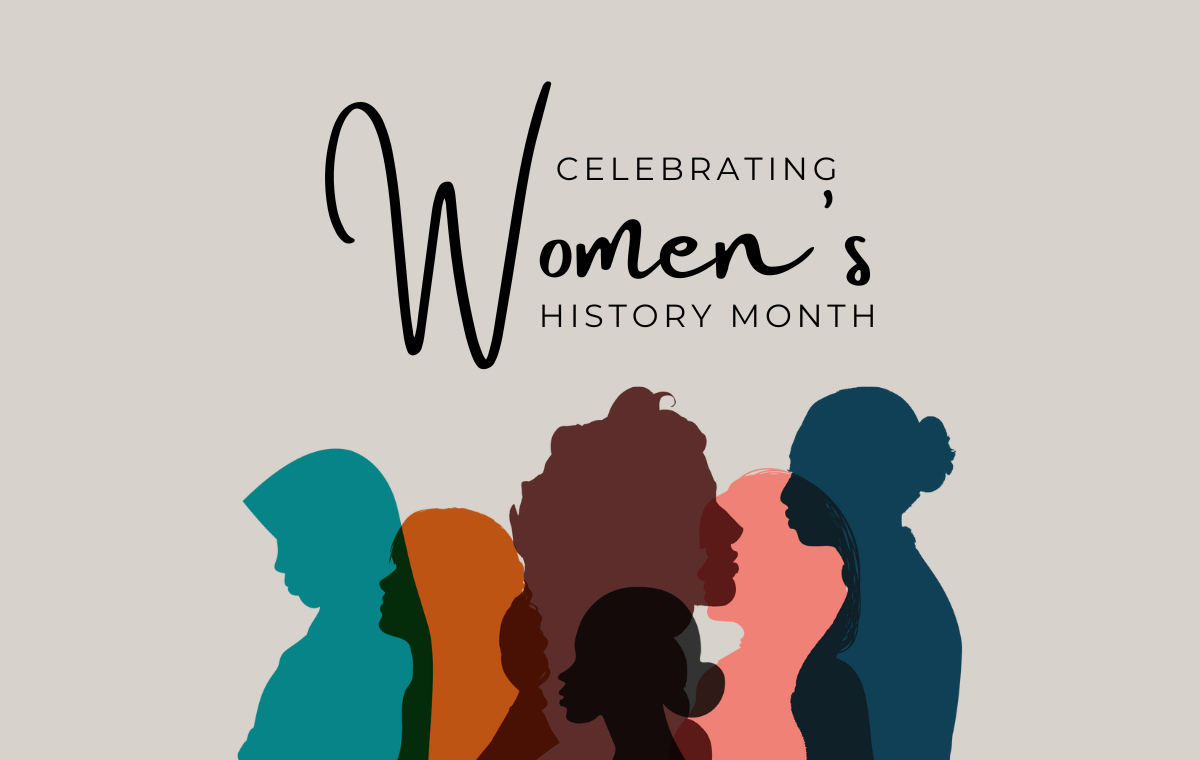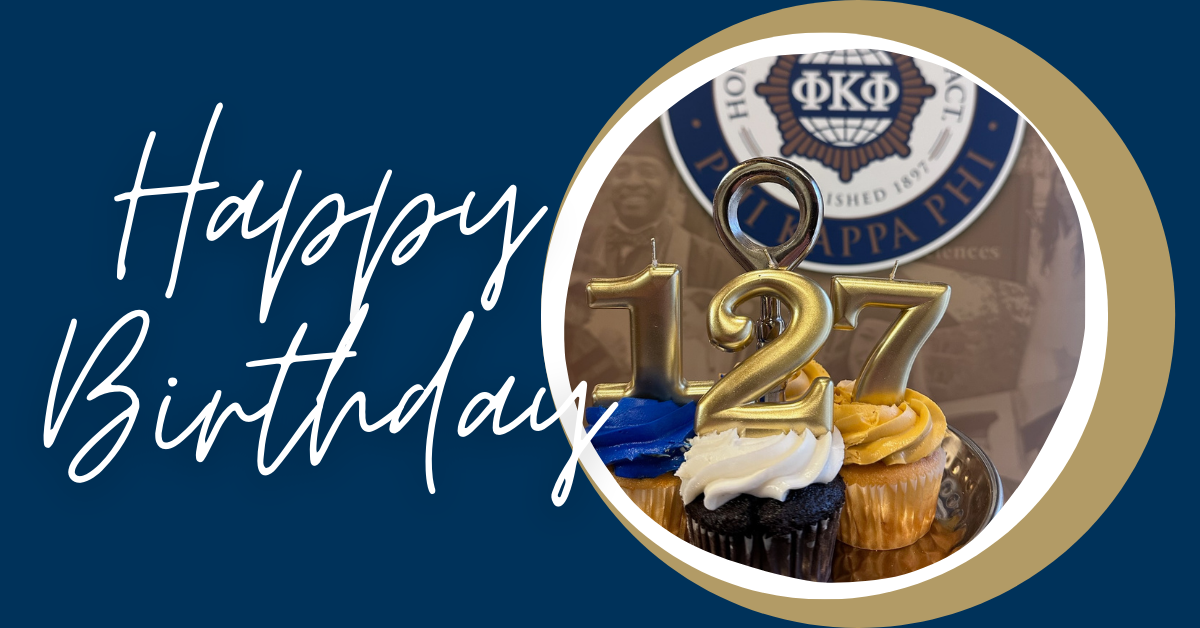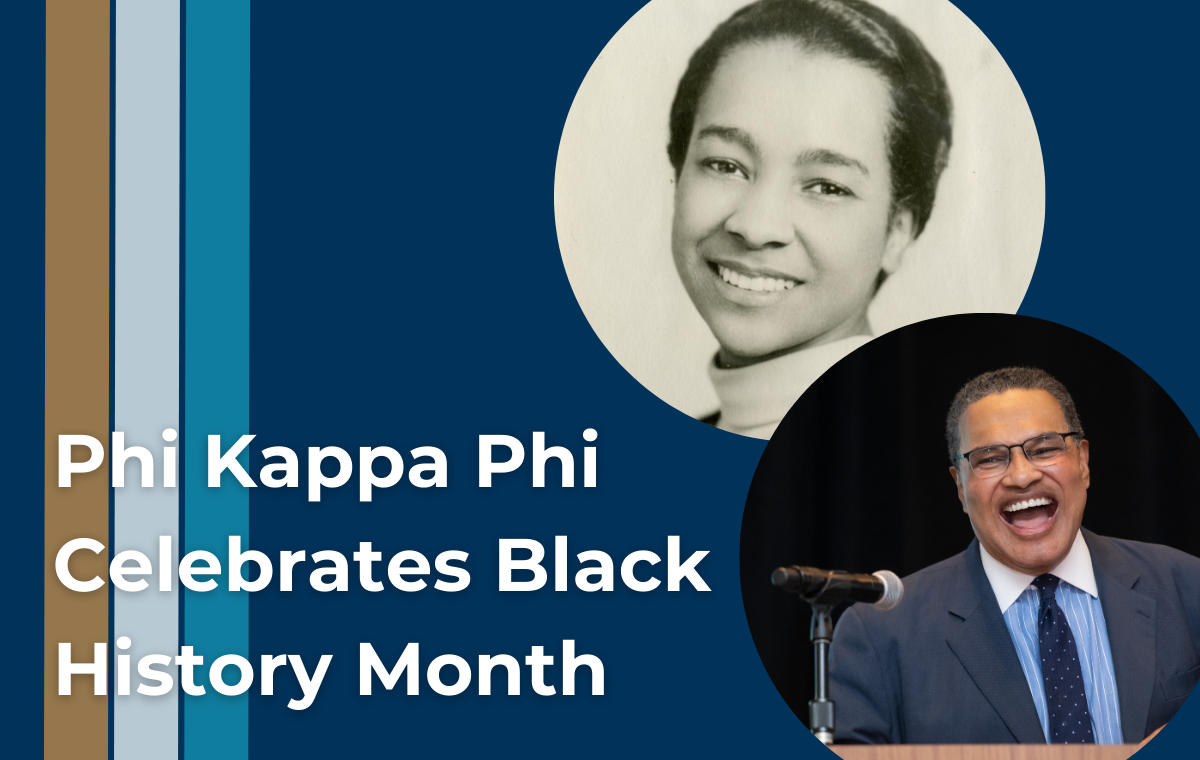Honoring Trailblazers in Phi Kappa Phi During Women’s History Month

National Women’s History Month is an occasion to reflect on the many women who have changed the world for the better, their experiences creating a wellspring of powerful stories.
Phi Kappa Phi member Gail S. Blankenau (University of Nebraska at Kearney) learned that firsthand in writing Journey to Freedom: Uncovering the Grayson Sisters’ Escape from Nebraska Territory. Blankenau’s new book, which will be featured in the spring issue of Forum, details how two enslaved Black women escaped a Nebraska household in 1858 and traveled to freedom on the Underground Railroad.
History has been indelibly shaped by resourceful women, as Phi Kappa Phi’s own history makes clear. When the Society was created at what’s now the University of Maine in 1897, one of its 13 founding members was a woman, Pearl Clayton Swain. Her presence was unusual given the limited roles for women in those days, but Swain created a powerful precedent. Many other women have followed in her footsteps and joined Phi Kappa Phi over the years, advancing the Society’s motto: “Let the love of learning rule humanity.”
One such member was the late Jean Fairfax, who risked her life to integrate Mississippi’s public schools in the 1960s. Fairfax had advocated for equality as a college student at the University of Michigan, where she joined Phi Kappa Phi in 1940.
Another trailblazer was Ida Rhodes, who was initiated into Phi Kappa Phi at Cornell University in 1923. She became a pioneer of computer programming, envisioning the internet at a time when online culture was, for most people, simply inconceivable.
Today’s women of Phi Kappa Phi continue to be trailblazers. Lynn Purnell Hagan (The University of Southern Mississippi) had some advice for making an impact that she offered after receiving the Society’s Ray Sylvester Distinguished Service Award in 2022. Hagan was recognized for many years of work helping survivors of trauma. “We must all engage in public service of one kind or another,” Hagan said. “Be an agent of change in your own backyard.”
Phi Kappa Phi member Helen White, a University of Wisconsin professor of English who addressed the university’s honors convocation in 1948, had sounded a similar theme about the power of getting involved and making a difference: “In your first year or two out of the university, most of you will feel so young and so green that you will be afraid that nobody will think you important enough to bother about. But importance is not what matters. Every organization has plenty of important people. What they need is somebody to do the work. And if you are that somebody, you needn’t worry about being passed over.”

